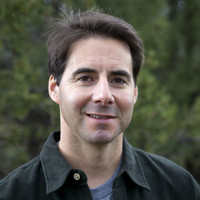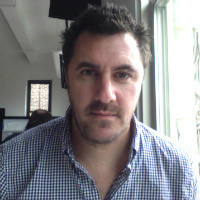Peter Hessler is a staff writer for The New Yorker.
“It may have helped that I didn’t have a lot of ideas about China. You know, it was sort of a blank slate in my mind. …I wasn’t a reporter when I went to Fuling, but I was thinking like a reporter or even like a sociologist: try to respond to what you see and what you hear, and not be too oriented by things you’ve heard from others or things you may have read. Be open to new perceptions of the place or of the people.”
Thanks to MailChimp and Squarespace for sponsoring this week's episode.





